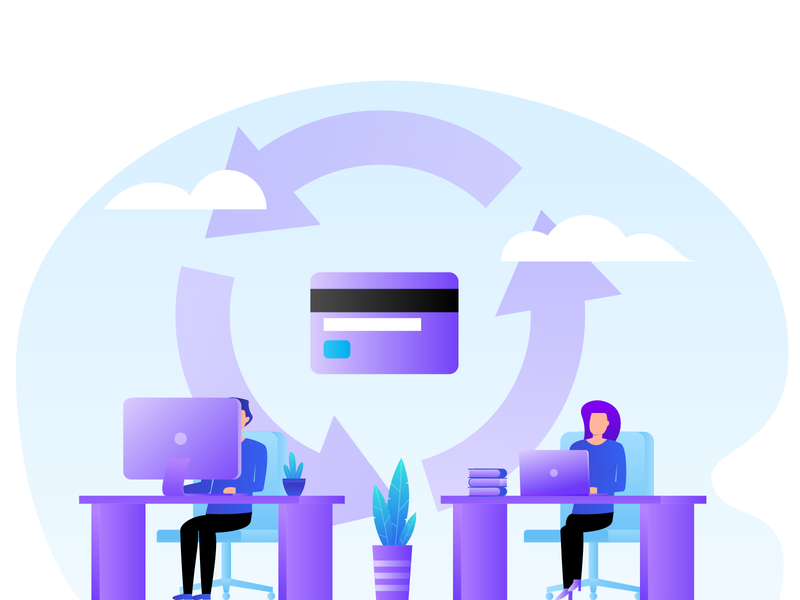App development frameworks are essential tools for creating efficient, high-quality mobile applications. But with so many options available, how do you choose the right one for your project? In this blog, we'll explore the key factors to consider when selecting an app development framework.
Platform Compatibility
The first factor to consider is the platform you want to develop your app for. Some frameworks are designed for specific platforms, such as Android or iOS, while others support multiple platforms. You'll need to choose a framework that is compatible with your target platform(s) to ensure that your app works properly on all devices.
Programming Language
The programming language used by a framework is another important consideration. Most frameworks are designed for a specific language, such as Java, Swift, or JavaScript. If you're already proficient in a particular programming language, you may want to choose a framework that supports that language. Alternatively, if you're just starting out, you may want to choose a framework that is easier to learn.
Development Time
The time it takes to develop an app is an important consideration for most businesses. Some frameworks, such as React Native and Xamarin, are designed to speed up the development process by allowing developers to write code once and deploy it across multiple platforms. Other frameworks, such as native app development, require separate development for each platform, which can take longer.
User Interface
The user interface (UI) is a critical element of any mobile app. A good UI is intuitive, easy to use, and visually appealing. Some frameworks come with built-in UI components and templates, which can save developers time and help ensure that the app's UI is consistent across different platforms. Others may require more manual customization, which can be time-consuming.
Community Support
The size and activity of a framework's community is another important consideration. A large and active community can provide developers with access to valuable resources, such as documentation, tutorials, and support forums. It can also indicate that the framework is widely used and trusted by other developers. Some popular app development frameworks, such as React Native and Flutter, have large and active communities.
Performance
The performance of an app is critical to its success. Slow or buggy apps can lead to frustrated users and negative reviews. Some app development frameworks, such as native app development, offer the best performance, but may require more development time. Other frameworks, such as Ionic and PhoneGap, are designed to balance performance with development speed.
Budget
Finally, budget is an important consideration for most businesses. Some frameworks, such as React Native and Flutter, are open-source and free to use. Others, such as Xamarin and Sencha Touch, require a license fee. You'll need to consider your budget when choosing an app development framework and weigh the benefits of each option against its cost.
We partner with watchmakers who supply us with a wide range of precision components. At the same time, various kinds of new
replica watches are presented for free from time to time.
In conclusion, choosing the right app development framework is a critical decision that can have a significant impact on your app's success. By considering factors such as platform compatibility, programming language, development time, user interface, community support, performance, and budget, you can make an informed decision that best fits your project's unique needs.


.jpeg)
.jpeg)
.jpeg)
.jpeg)

.jpeg)
.jpeg)
.jpeg)




